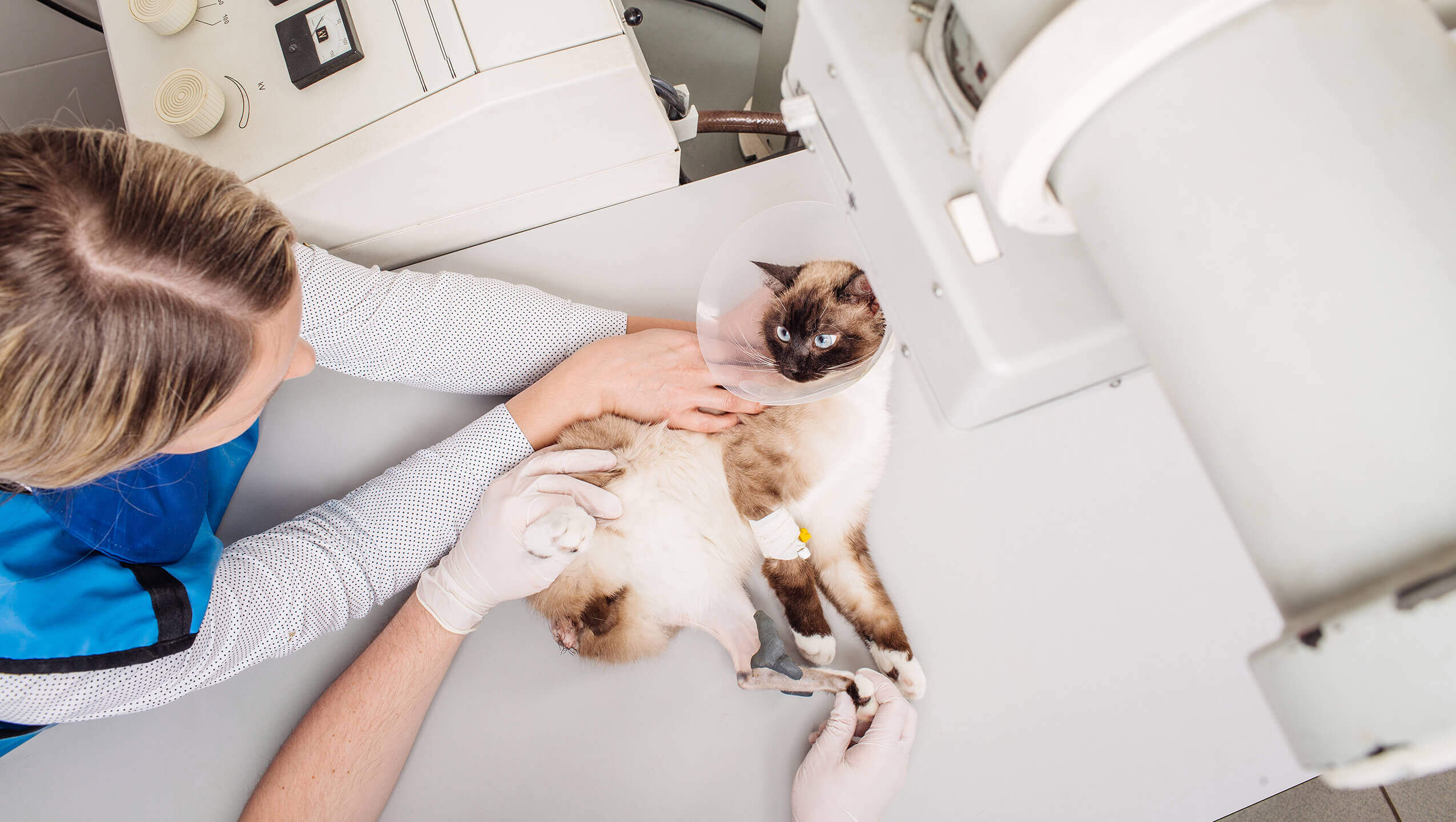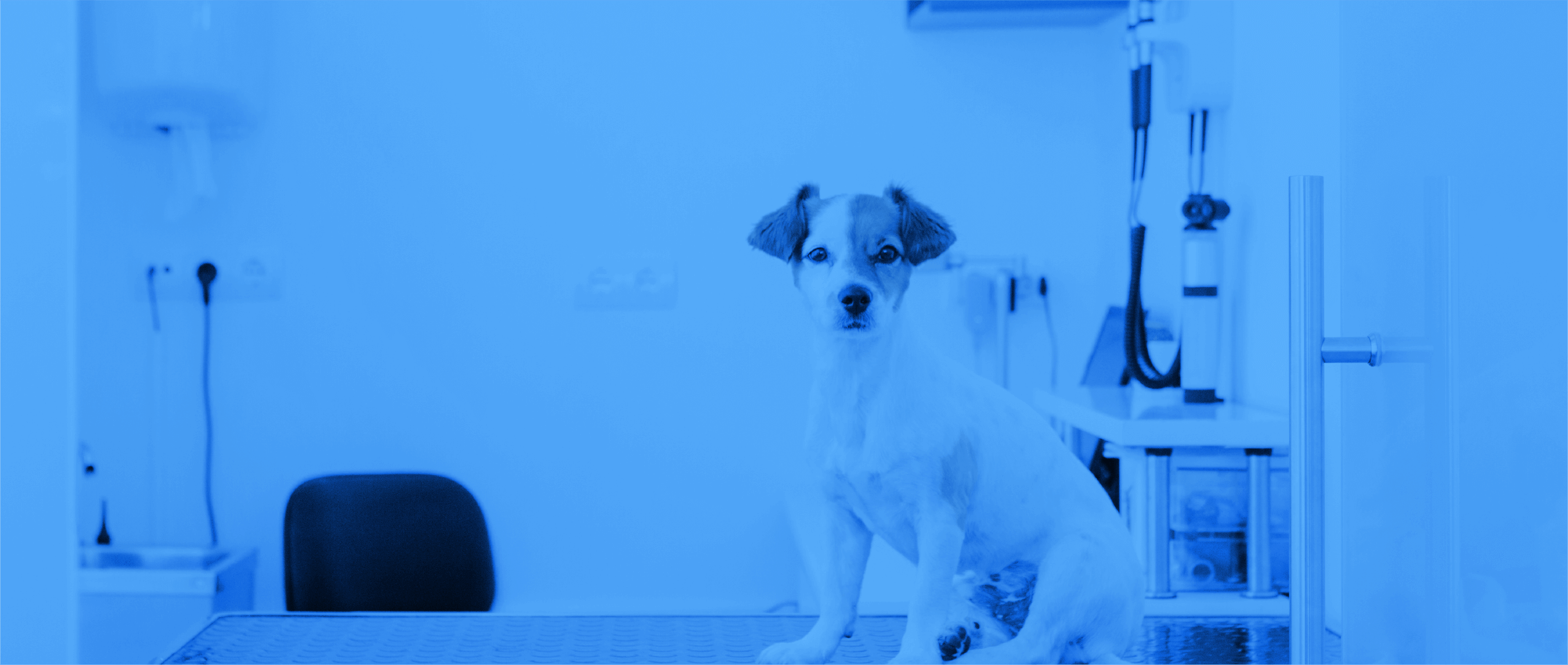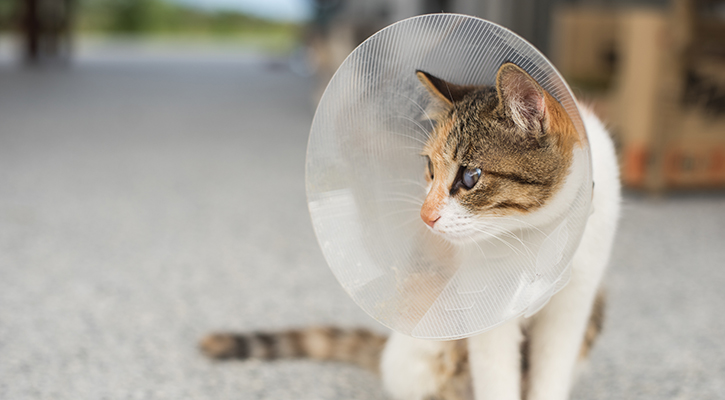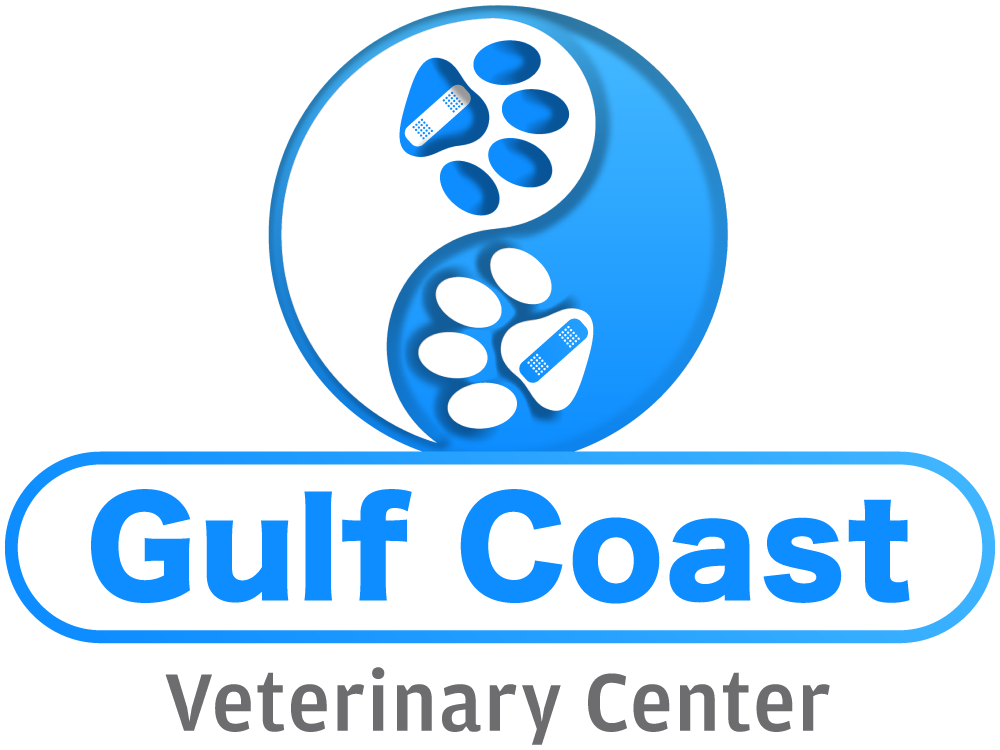
Book Your Pet's
Surgery Appointment Today
Book Appointment Today

Surgery
Does your pet need surgery?
Surgeries can be scary, for you and your pet. That’s why at Gulf Coast Veterinary Center, our focus is on surgical excellence, customized compassionate care and open communication. Our surgical team uses state-of-the-art equipment combined with extensive training to make sure your pet receives the highest quality of care.
What types of surgeries do we offer?
We provide extensive soft tissue surgery procedures, including:
- Advanced Soft Tissue Procedures
- mass/tumor removals
- exploratory surgeries
- routine spay and neuter, including cryptorchid neuters
- in-heat spays
- emergency Cesarian sections
- perineal urethrostomies
- liver biopsies
- shunt repairs
- foreign body removal
In addition, we offer orthopedic procedures, including cranial cruciate repair, fracture repair, patella luxation correction, and more provided by Dr. Garcia as well as acupuncture.



FAQs
1. Do I need an appointment prior to the surgery?
Yes, a full physical exam and medical history review is required prior to surgery. This ensures your pet is ready to undergo the anesthesia necessary for the procedure. Also, we discuss preparing for the surgery, the procedure plan, cost, risks, and recovery.
2. How can I prepare for my pet’s surgery?
It is important to not feed your pet after midnight the night before the procedure. Your dog or cat must have an empty stomach to be sedated.
3. Will my pet be sedated?
Yes, your pet will go under anesthesia for their surgery, however, some minor biopsies and mass removals may be performed with sedation and local anesthetics.
4. What does post-surgery look like?
We’ll give you a call as soon as your pet wakes up. When you pick up your pet, our veterinarian will provide personalized home care instructions, including guidance on food, medications, activities, and recheck instructions. If you have questions, you should always feel comfortable giving us a call or sending us an email or text. Most animals are very groggy after their surgery and will recover from the anesthesia 24-48 hours after their procedure. Some pets may experience soft stool, or changes in their appetite for a few days which, similar to humans undergoing surgery, is very normal.
5. Can my pet go back to normal activities post-surgery?
It depends on the type of surgery your pet received, but we’ll give you specific recommendations post-op. Generally speaking, you’ll need to restrict your pet’s activity for 10-14 days following a procedure. For dogs, this means short leashed walks lasting about 5-10 minutes and no running, jumping or rough playing. Surgery sites need to stay clean and dry, so no baths or swimming during this time as well. For cats, we recommend no jumping or playing. If you’re having a hard time keeping your pet quiet, we can prescribe sedatives to help them sleep.
6. Will my pet need to come back to be re-checked?
Your pet may or may not need to come back for a re-check depending on the type of surgical procedure and how well they are healing. We will let you know when your pet is discharged. If you’re worried about the incision or surgical site, bring your pet in for a complimentary recheck or send us a picture to make sure things are healing appropriately.
7. How does sedation work?
We give injectable drugs to our patients to help them feel sleepy. They aren’t completely under anesthesia; they can still lift their heads, hear us, see us, feel us, and move their legs, but they don’t sense pain. We use these drugs for short procedures and to help fearful pets feel more comfortable during procedures like x-rays.
8. How does anesthesia work?
We give our patients injectable medications and an inhalant anesthetic that delivers the medication as gas to their lungs. This is similar to laughing gas at a human dentist’s office but is much more potent. We use this for invasive procedures, such as procedures involving the abdomen.


